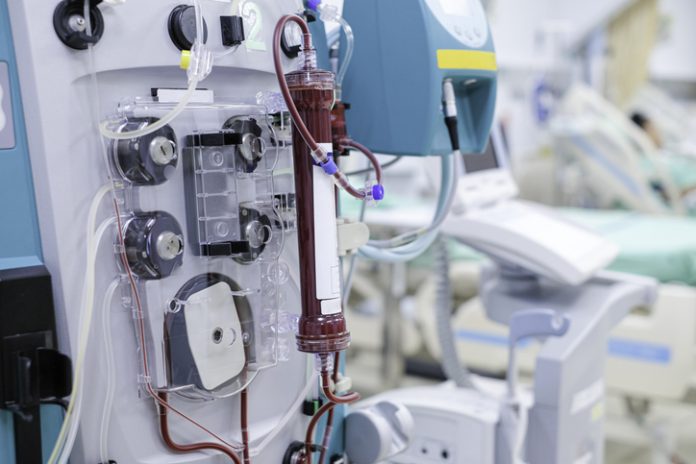Kidney Health Australia is setting its sights on a future free from the life-limiting burden of
dialysis, unveiling its bold End Dialysis by 2050 aspiration.
The number of Australians developing kidney failure is expected to rocket by 42 per cent by 2030, with Central Australia now recording the highest rates of treated kidney failure per capita in the world.
Chronic kidney disease is projected to be the 5th leading cause of death worldwide by 2050, rising from 18th leading cause in 1990. Exclusive September polling conducted by YouGov for Kidney Health Australia highlights the devastating impact of dialysis on patients’ lives.The sample* of 252 adults aged 18-plus who are on dialysis, or have received dialysis treatment, revealed that more than nine in ten of dialysis patients (92 per cent) experience varying levels of disruption to their weekly routines – with two thirds (67 per cent) facing significant disruption.
For 29-year-old Hayley Van Hostauyen, starting dialysis brought a sense of initial relief; however, the ongoing treatment soon became an emotional and physical ordeal.
“People would say, well you are on dialysis now, so that’s good, and I’d think, yeah, but you’re not seeing all the days where I’ve had restless legs, I had a breakdown at dialysis, I’ve spent half of my dialysis crying,” she said.
Almost half report that dialysis treatment severely limits time spent with family, and many are connected to dialysis machines for 16-20 hours a week, some exceeding 30 hours – making it part-time or in some cases even a full-time job. The financial burden is equally alarming: 82.5 per cent of patients report that dialysis has put them on a path toward financial hardship.The overwhelming majority of the dialysis community, 88 per cent, believe the government should be doing more to address the challenges of dialysis. An additional national YouGov survey of more than 1,000 adults** revealed over 3 in 4 everyday Australians agree (78%).
“Dialysis as a treatment is invasive, time consuming, and has devastating impacts on people and their families. It’s not a good enough solution and should only be a last resort,” said Kidney Health Australia, CEO Chris Forbes.
“We are pushing for a revolution in kidney disease treatment and support, aiming to give people back their time and their lives. Our vision is to bring an end to the burden of dialysis and leverage new and existing innovations. Now is the time for radical change.”
With dialysis units reaching capacity and demand continuing to rise, Kidney Health Australia is calling on the government, healthcare providers and the community to unite behind its bold aspiration. Despite its life-preserving role, dialysis has changed little in half a century and remains a time-consuming, invasive treatment with around 50 per cent of people on dialysis experiencingdepression.
Kidney Health Australia’s roadmap to End Dialysis by 2050 focuses on three key areas:
• Early detection to diagnose kidney disease, allowing for intervention and access to new
medications that can slow disease progression and help patients avoid ever reaching dialysis.
• Innovation through research and industry partnerships to develop new treatments and technologies
that improve outcomes and patient quality of life.
• Increased living kidney transplants to reduce long term reliance on dialysis, as transplants provide patients with better health outcomes and quality of life.
“While other technologies and treatments have advanced enormously, dialysis has barely evolved in decades, and that’s unacceptable,” Mr Forbes said. “We need a fresh approach that offers real hope to the thousands of Australians enduring this burdensome ongoing treatment.”
By promoting early detection and treatment, fostering innovation and increasing kidney donations, the goal is clear: end Australia’s dependence on dialysis by 2050.
“This is not just about better treatments – it’s about giving people their lives back,” Mr Forbes said.
“Together we can create a future where dialysis is no longer the default option but a
temporary measure.”
The time for action is now. Kidney Health Australia urges the public, healthcare professionals and policymakers to join them in this transformative movement. We know the journey will be rough, let’s work together to disrupt this deadly disease, prevent kidney failure, and end dialysis by 2050.










